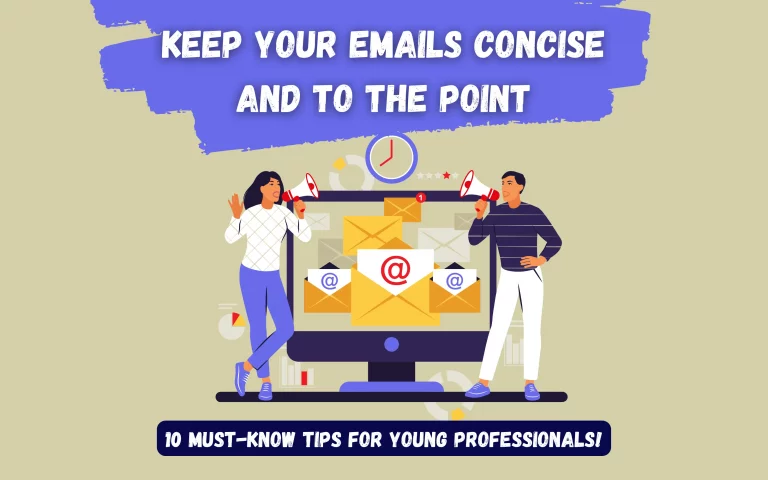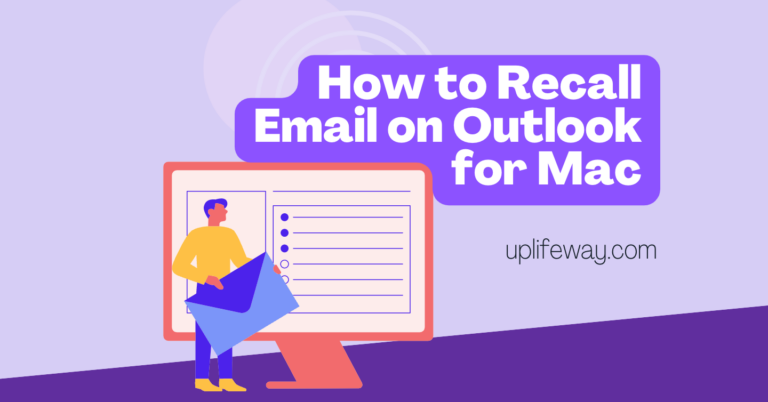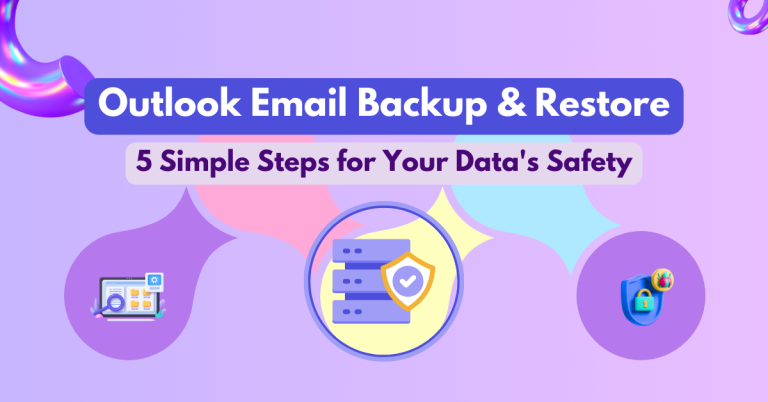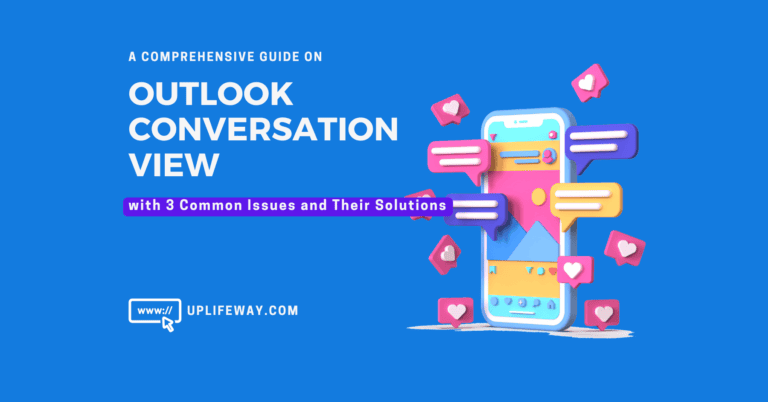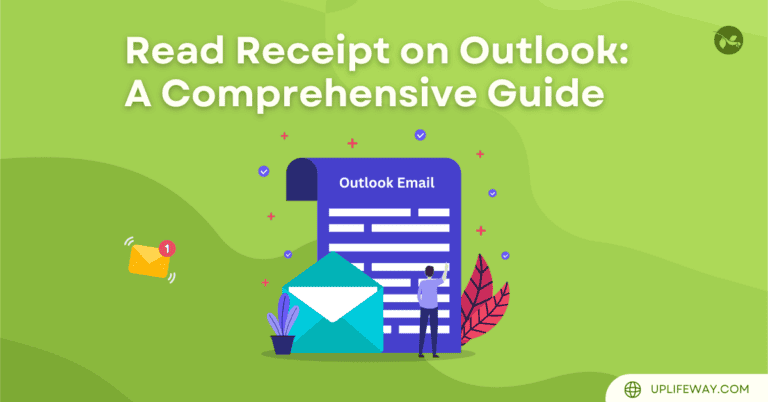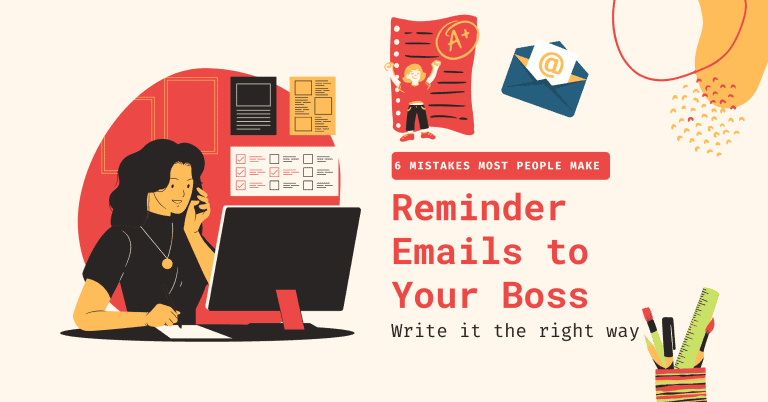Using Work Email for Personal Use is Dangerous – 5 Reasons Why?
Key Takeaway
Using your work email for personal use can lead to privacy issues, increased risk of cyberattacks, loss of personal data upon job exit, and an influx of spam. Stick to professional communication with your work email, keeping personal topics and sensitive information such as finances, health, and relationships out of your work inbox. Adopt good email habits to maintain professionalism and safeguard both your personal and professional digital life.
Bob works in a postal services company. He signed up for a health advising web portal’s monthly free newsletters using his work email a few months ago. He received a newsletter from them last week; nothing to worry about. But it wasn’t from the health advisory website. Hackers made it look like it was from that site. This scam completely fooled Bob. He clicked on a link in the newsletter, which led to his computer being hacked.
We’ve all been there. A funny cat video, a flash sale, a quick message to a friend – the temptation to use your work email for personal stuff can be real. But before you hit send, let’s pause and consider why keeping your work and personal emails separate is like separating your socks from your salad – essential for a healthy, organized life (and career!).

Why You Should Not Use Work Mail for Personal Matters
An email is an excellent tool for communication at work. We occasionally use our work email for personal reasons. However, it is precarious for obvious reasons. It might cost you more than just your job. The story of Bob here is just an example of that. Here are 5 reasons you should not use company email for personal reasons:
Using work email for personal use is not only unethical but also unlawful
Companies prohibit employees from using work email for personal use. It shouldn’t come as surprising, given that the email account is the property of the company, not the employee. As a result, anything done with it holds the company accountable. And above all, it is unethical to use a work email for sending personal emails.
Using company email for personal use makes you a prime target of spear-phishing
Using a business email address to register on social media sites or other online services is a serious offense. Cybercriminals know that you are likely to fall for a phishing email if you have used your work email address to sign up for social media or other sites. Furthermore, it makes it easy for them to develop a social portrait of you by collecting information from your social media activities. Then all they have to do is disguise their message as a genuine notification from a service on which you are registered.
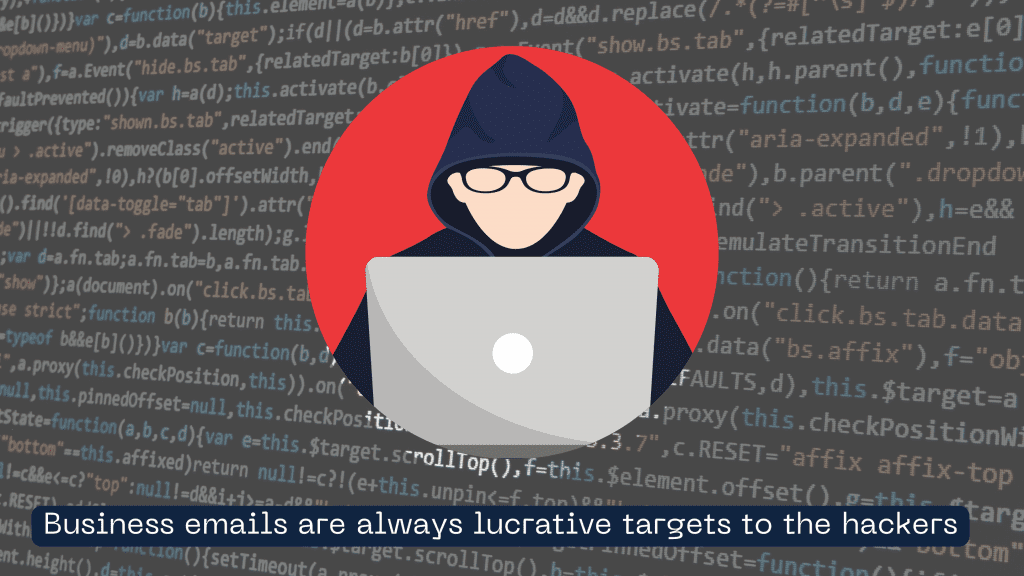
If you fall into their trap, sensitive information could be leaked or stolen. It may give hackers a way into your organization’s network and cause more damage than you can imagine.
Your work email isn’t private
Keep your personal relationships out of your work email. Avoid discussing relationship drama or personal matters that could raise eyebrows in the office.
Emails sent or received through a work email account are not private; they can be read by your IT or even your boss. At least, they have the right to do so as long as they serve a legitimate business purpose. Some companies allow an outgoing employee’s replacement access to their mailbox.
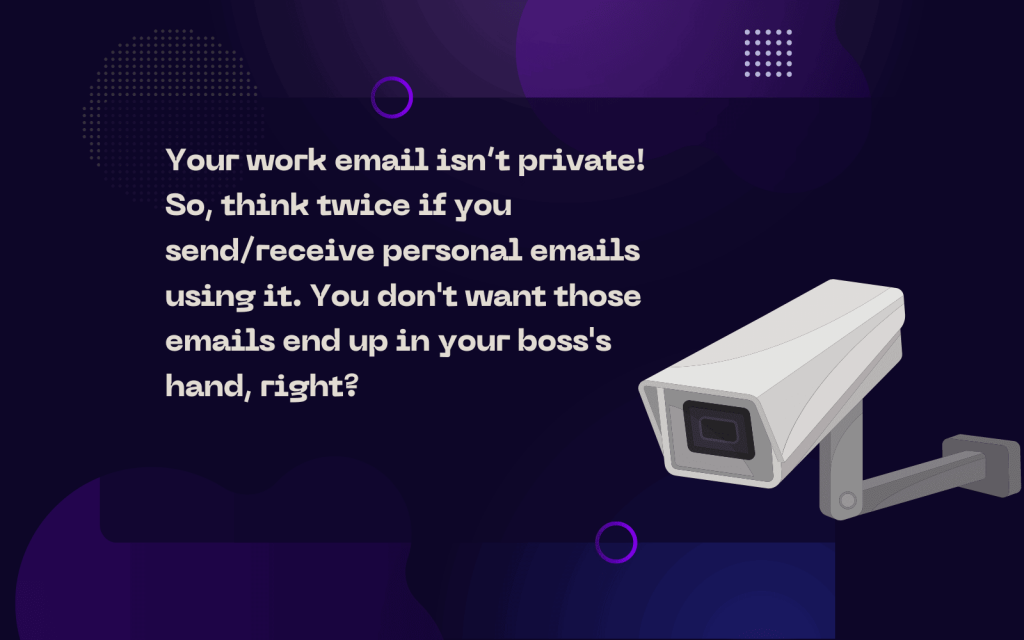
Recommended reading: How to Show Working Elsewhere in Outlook Calendar and 4 Ideal Scenarios for Its Use.
If you leave your job, it can be difficult to recover an account or information
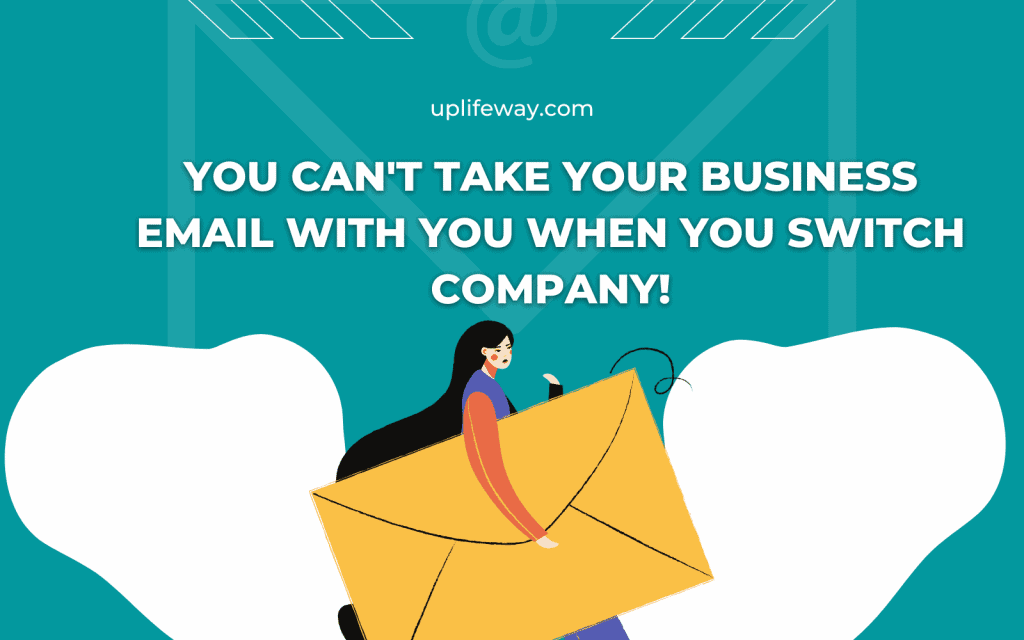
There is no such thing as a permanent job. You may decide to leave your current job at any point. You will lose access to your work email account if this occurs. So, if you use a company email for personal communication, e.g., use it to sign up for a site like LinkedIn, you’ll find it challenging to restore the password if you forget it. Password reset requests are usually delivered to your registered email address. Furthermore, your account-related important notifications, e.g., unusual sign-in activities, are also sent to the registered email address; you’ll miss those too!
Another scenario. Suppose you have used work email in other areas like bank account opening. You will also miss their communication once you leave the job unless you update the email address.
Corporate email accounts are prime targets for spam and viruses
Corporate email accounts tend to have high activity levels, which means more opportunities for spammers and viruses to find and take advantage of. Furthermore, corporate email accounts have access to a company’s various services and records, making them an attractive target for hackers. So, why put your personal accounts at risk by connecting them to such sensitive business emails?
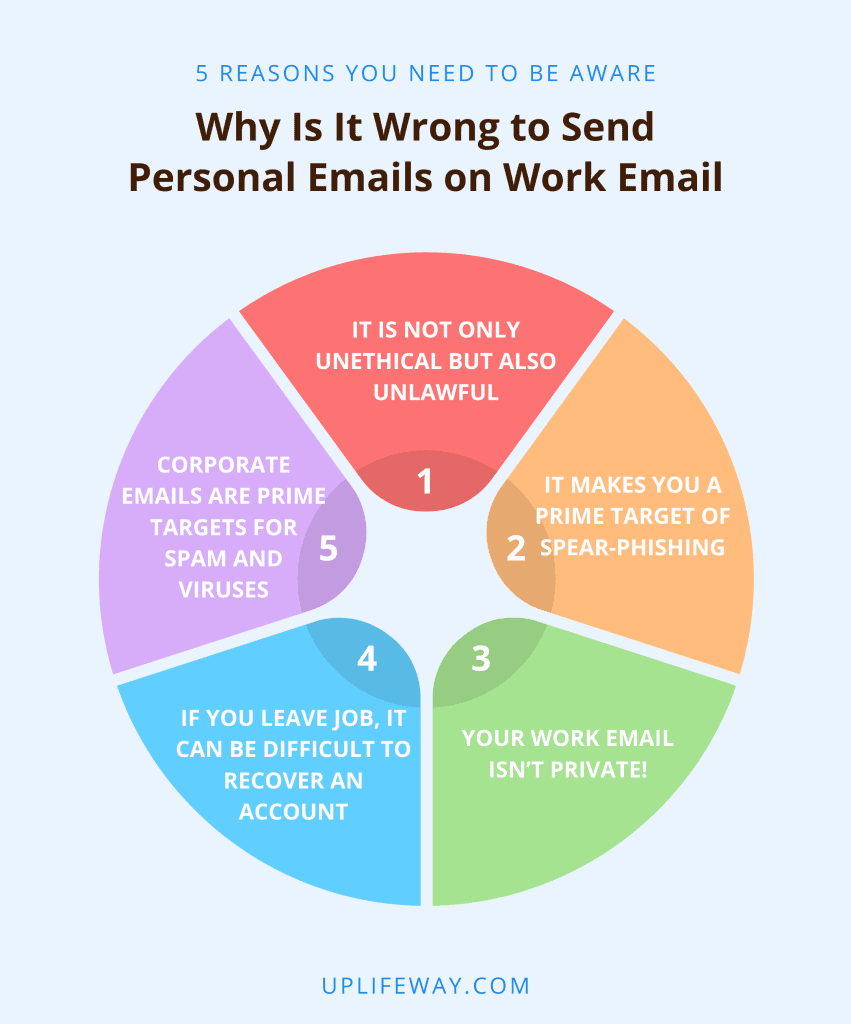
So, think again if you’re considering using your work email for personal business. It’s not worth the risks.
On the contrary, you should not use personal email for business purposes.
FAQs
Is it wrong to use company email for personal reasons?
It is not uncommon for employees to use company email for personal use. It is generally not acceptable to use company email for personal reasons. Some companies have policies that expressly ban this, whereas others may not have any explicit policies but nonetheless frown upon the behavior. Using work email for personal purposes might also pose security problems and clog up the organization’s email servers.
Is it legal to use a work email for personal use?
It depends on the company’s policy. Some companies allow employees to use work email for personal use, while others strictly forbid it.
What is the risk of using a work email for personal use?
Employees using work email for personal use may increase the risk of cyber security threats, such as malware or phishing attacks. Because hackers will consider that employee an easy target, they will also get their personal information easily, enabling them to do spear phishing.
What happens if you use a work email for personal use and then leave your job?
If you use a work email for personal use and then leave your job, your former employer may be able to access your personal email account. Additionally, your former employer may be able to view any emails you sent or received while you were employed. Moreover, if you have used the work email to register on sites like Linked or Amazon, you might lose access if you forget the password. Because reset password links are usually sent to the email address used to sign-up for a site.
Why a corporate email is a prime target for spam and viruses?
A corporate email is a prime target for spam and viruses because it is a large volume of emails sent and received by a company. This makes it an attractive target for attackers who want to send spam or viruses to many people. Furthermore, corporate email accounts have access to a company’s various services and records, making them an attractive target for hackers.

“Hey there, welcome to UplifeWay.com! I’m Rifat Hossain, a Microsoft 365 certified trainer with a background in Advanced Engineering Management. Currently, I’m navigating the tech landscape as the Digital Services Manager at Coats, providing a unique perspective on technology in the professional world.
My journey, fueled by a passion for helping others, has led to the creation of this blog. UplifeWay.com is your go-to source for mastering Microsoft Office applications and elevating your digital literacy. Join me on the exciting journey of smart productivity at UplifeWay.com – let’s explore the world of tech together!”

